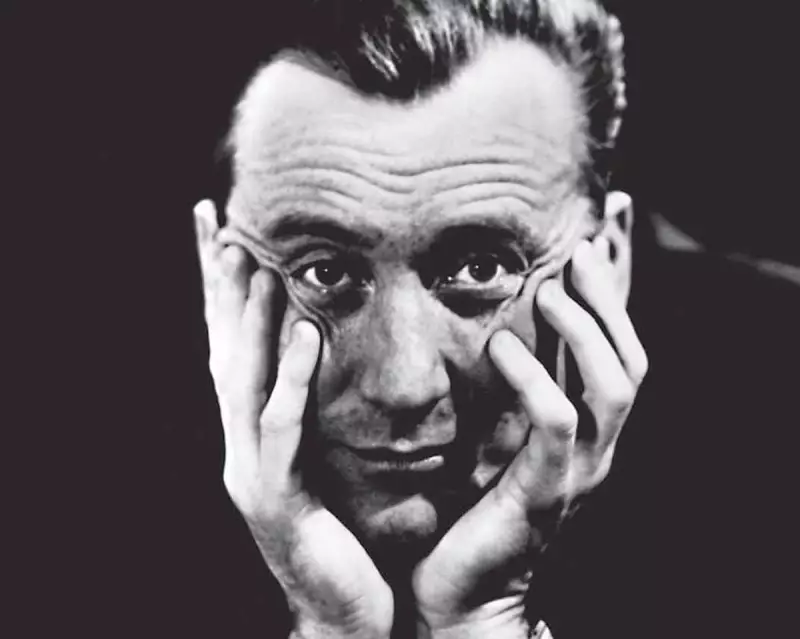
The classical music world is in mourning following the announcement that Rodion Shchedrin, one of the most significant and performed Russian composers of the modern era, has died at the age of 92. A master who deftly navigated the complexities of the Soviet cultural system while forging a uniquely vibrant musical voice, Shchedrin's legacy is one of bold innovation and profound artistry.
Born in Moscow on 16 December 1932, Shchedrin's musical destiny seemed almost pre-ordained. The son of a composer-music theorist father and a mother who revered the arts, he was immersed in a creative world from his earliest days. His prodigious talent secured him a place at the prestigious Moscow Choral School and later the Moscow Conservatory, where he studied under the formidable Yuri Shaporin.
The Composer and His Muse: A Legendary Partnership
Shchedrin's life and work were inextricably linked with one of ballet's greatest stars: Maya Plisetskaya. Their marriage in 1958 created one of the art world's most powerful partnerships. He became her composer-in-residence, crafting vehicles for her unparalleled talent. The most famous of these, the Carmen Suite (1967), exploded onto the stage. A radical, percussion-heavy reimagining of Bizet's opera, it was initially condemned by Soviet cultural ministers for its perceived eroticism but ultimately triumphed as a masterpiece, securing Plisetskaya's legendary status.
A Career of Defiant Innovation
Shchedrin's career was a masterclass in creative resilience. While never an overt dissident, he operated with a degree of artistic freedom that many of his contemporaries envied. His music, often infused with Russian folk themes and biting wit, pushed boundaries without entirely breaking them. Works like his Naughty Limericks concerto for orchestra and the opera Dead Souls showcased his ability to blend accessible melody with complex, modern techniques.
As a public figure, he served as chairman of the Union of Russian Composers for over a decade, a role that placed him at the heart of the country's musical life. Following the collapse of the Soviet Union, he and Plisetskaya divided their time between Moscow and Munich, with Shchedrin continuing to compose well into his later years, his style evolving yet always retaining its distinctive character.
An Enduring Musical Legacy
Rodion Shchedrin's passing marks the end of an era. He was a vital bridge between the rich tradition of Russian composers like Prokofiev and Shostakovich and the new artistic possibilities of the 21st century. His vast catalogue—including operas, ballets, symphonies, and concertos—remains a testament to a composer who was never afraid to be both clever and deeply emotional.
He is survived by his immense body of work, which continues to be performed by leading orchestras and musicians across the globe, ensuring that his unique and spirited voice will resonate for generations to come.





